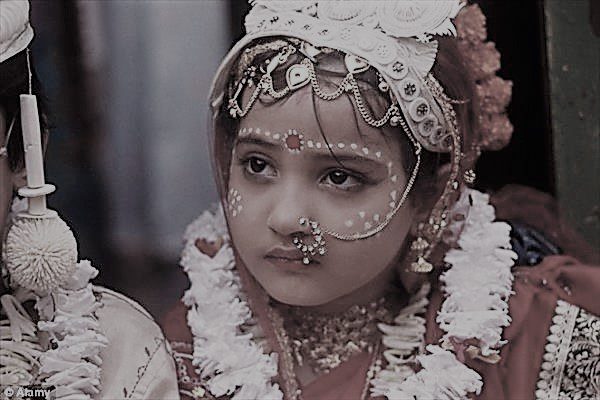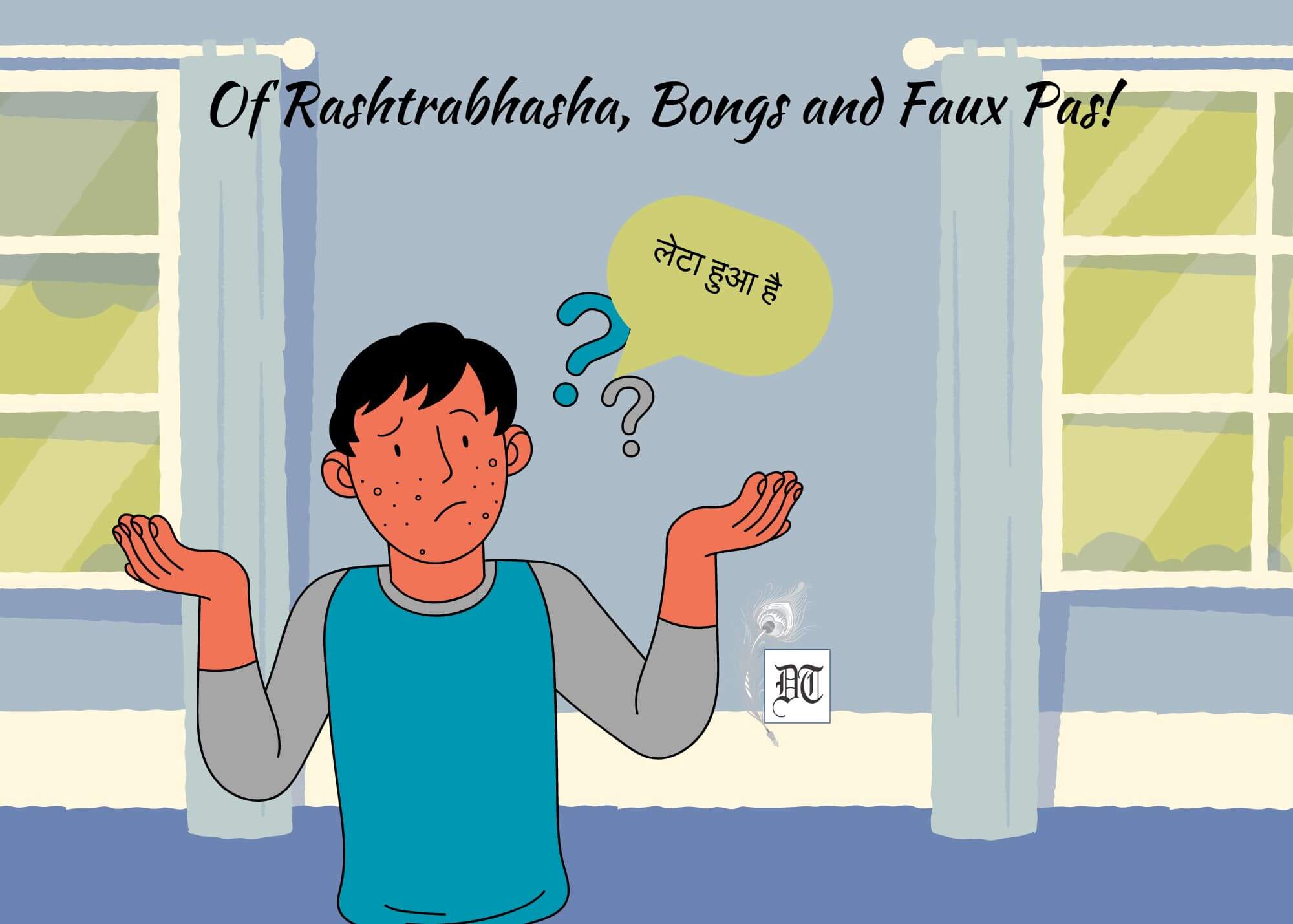Soumya, our humourist, recounts a real-life story, an incident from the life of his maternal great-grandfather, in the weekly column, exclusively for Different Truths.
This is a story of my maternal great-grandfather, the scion of a feudal family in strained circumstances, who was pursuing his higher education in Calcutta with a view to improving these circumstances through the good offices of the British Raj or the courts of justice, whatever luck offered. This he ultimately did, in both the court of justice—as an advocate and later through the British—via the neither very Bengali nor quite Civil nor really Service-oriented Bengal Civil Service.
However, this story has nothing to do with all this. This is a romantic interlude which predates his career days when even great-grandfathers are bashful teenagers in repressed times being crushed in the treadmill of education. At the ripe young age of seventeen, he entered the holy and solemn state of wedlock, with a young heiress of another feudal family from the other side of the river Damodar—with as ancient a lineage and as exalted a sub-caste as his, but with a significant difference—that of a far better financial position. He did this at the behest of his elders and betters—with the same end in view as his Calcutta education: improving the family circumstances.
His young  bride was all of five years old and brought him vast tracts of land and the means of continuing his studies. But the marriage did not mean a life of domestic bliss for the couple. It would not have been practical anyway as he would be more of a babysitter than a husband and he would have to wait nearly a decade before his bride came of age and came to grace his household. In the meanwhile, he could visit his in-laws on the occasion of ‘jamaisasthi’—when sons-in-law all over Bengal are feted for a day—to compensate for the other 364.
bride was all of five years old and brought him vast tracts of land and the means of continuing his studies. But the marriage did not mean a life of domestic bliss for the couple. It would not have been practical anyway as he would be more of a babysitter than a husband and he would have to wait nearly a decade before his bride came of age and came to grace his household. In the meanwhile, he could visit his in-laws on the occasion of ‘jamaisasthi’—when sons-in-law all over Bengal are feted for a day—to compensate for the other 364.
But the young man would not be content with so little. So, on his long trek back to his village from the nearest railhead—on his way back from college during breaks—he would make a detour and cross the Damodar near his bride’s village. Perhaps he did that to get a quick glimpse of his young bride, but more likely to enjoy the lavish hospitality—the birthright of a jamai—at his well-to-do in-laws.
On the occasion of our story, he was on his way to one such unscheduled visit when, sighting him at the river ghat, the village belles gave the call, “Jamai esheche!” —the son-in-law has come — and ran to announce the news so that his hosts could come and request him to spend a few days there. This was the usual ritual.
usual ritual.
But this time one member of the bathing party stayed back to stare at the jamai. Who else but the young bride, alone with the jamai for the first time? A classic romantic scene—the river ghat, the freshly bathed heroine, the travel-weary hero — but with a difference. Our tiny heroine was in the buff— her only item of apparel, a mini saree, was neatly bunched and held under one arm. My great-grandfather had not bargained for such a meeting with his bride and glared at her in consternation. His bride burst into tears, threw down the sari and streaked home bewailing, “Jamai chokh koreche!” — the son-in-law has made eyes at me!
©Soumya Mukherjee
Photos from the Internet
#MaternalGandfather #Jamai #SonInLaw #Humour #BengalCivilService #Stories #Bride #RomanticInterlude #WhyPigHaveWings #DifferentTruths






 By
By

 By
By
Lovely writing for childhood marriage days
strictly illegal today of course
Hilarious… enjoyed it so much.
Nice article Sir. Golden days spent.
thank you
dhanyavad
narrated by an aunt. I actually met the lady in question when she was very old but still sprightly. The original story was more risque and involved ghunghat which bared he wrong half, but took literary licence and made it more fit for general use